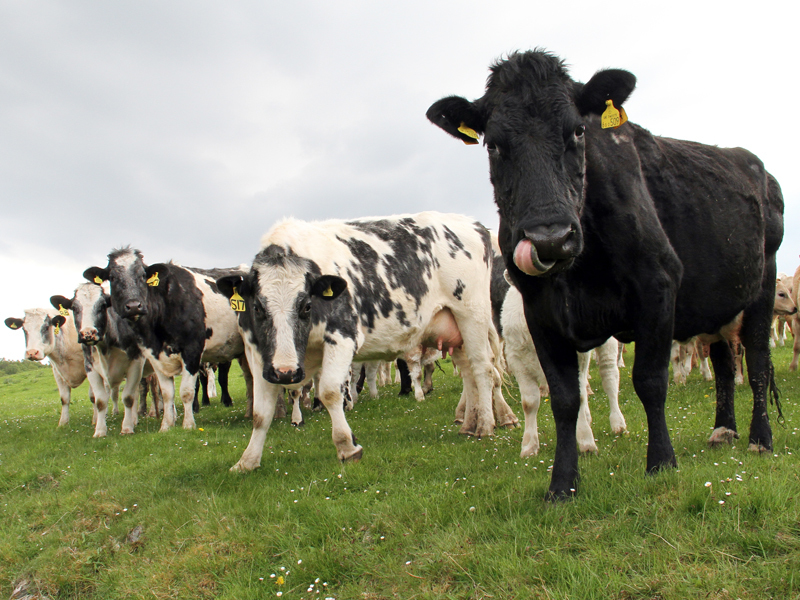Details of how the Scottish Government will distribute farm subsidy support over the next five years have been met with mixed reaction by farmers in the north and north-east.
Faced with a restricted budget and intense lobbying from different factions in the industry, farm minister Richard Lochhead this week delivered what he coined “rough justice” with the new Common Agricultural Policy (Cap) package.
Let’s not kid ourselves, the move from historic to area-based payments was never going to be easy.
For some farmers – particularly big beef finishers in the north-east on hefty historic payments – the thought of losing more than half of their subsidy payment is a difficult pill to swallow.
But there is no doubt they are happy Mr Lochhead has opted for a five-year transition when moving to the new area-based payments regime.
Scottish Government modeling has shown, the north-east is set to lose around £24million in subsidy support as a result of the move.
However, for new entrants and developing businesses who currently receive little or no support, having to wait five years for everyone to be on similar payments is frustrating.
One angry new entrant told me all he had hoped for was a “level playing field” with every farmer on the same support rates.
This was in stark contrast to an angry farmer who told me she was set to lose between 50 and 75% of her support.
She told me it didn’t seem right to move money away from those who are “working around the clock”.
And adding another dimension into the debate, an angry hotelier called to tell me he thought farmers losing £24million in subsidy support wasn’t bad news as they should not be receiving support in the first place.
It would seem industry, and government, have a long way to go in educating consumers on the role Cap has in supporting food production and protecting the environment.
However, top priority over the coming weeks will be ironing out the fine print of the new policy and government will need to work fast to get a ‘plain English guide’ out to all farmers.
As NFU Scotland president Nigel Miller said it’s now that the real work starts.
